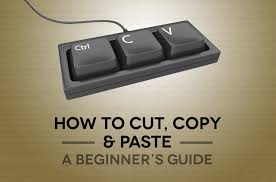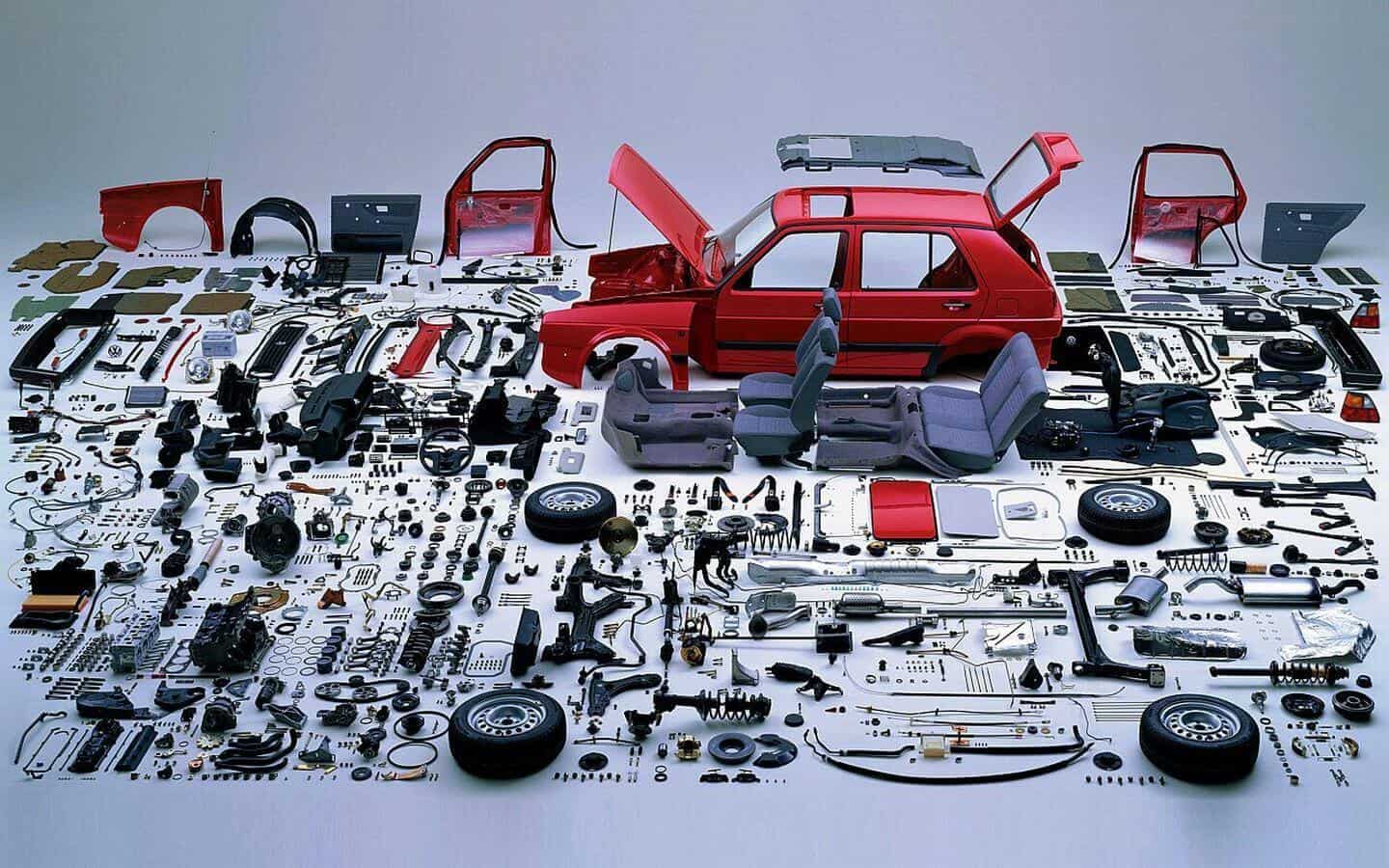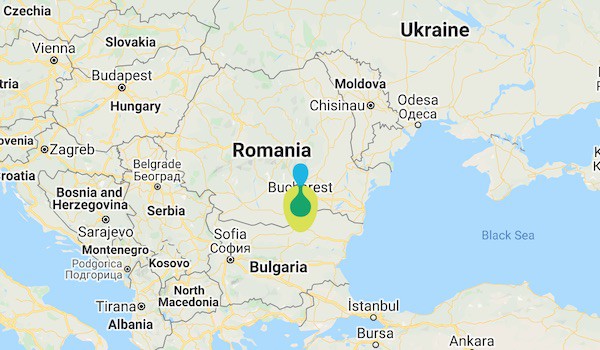I’m nutritionist Diana Artene and – before we talk about what “The Copy / Paste Diet” is and what impact it has on your weight loss – I want to ask you:
– Do you want to lose weight?
– For really, really, real, do you really want to?
Maybe you still want to, maybe you gave up, maybe you’re during a time when everything’s smooth and perfect between you and your body. Or maybe you got to the conclusion that you will never like your body because you like to eat a lot. And diets look like a calvary… from what you heard from others. Unnecessary torment, plus that who loves you loves you exactly the way you are and that people should love you for your inner beauty. True?
– Still, do you want to lose weight?
– And, if you want to, do you want it a little or do you want it a lot?
Many people consider this a rhetorical question.
“Of course I want to lose weight! Everybody wants to lose weight!”.
However, statistically, in a maximum of 2 years from the beginning of a diet, most people regain all the weight they lost during the diet and, also statistically, many start again to diet – the same or a new, more convenient or maybe more drastic one.
Therefore, if you do not ask yourself this question before you start (or even before you quit) and you do not find a sufficiently clear and specific answer, when the going will get tough, you will continue to behave automatically as you did before you prematurely decide that you want to lose weight.
When you risk assuming that you want to and just rush into a diet, you also assume the solution is somewhere outside of you:
– in the stratosphere,
– in conjunction between Mars and Uranus presented in the morning at the horoscope,
– in magical ingredients,
– in teas, pills or drugs that “increase” your metabolism,
– in avoiding one or another category of nutrients,
– in counting calories, glycemic indexes… and so on.
It’s just that metabolism is neither the abstract thing you regulate by drinking tea, nor the only thing to regulate when it comes to long-term fat loss.
Even if you only want to lose weight and you do not care what you lose as long as you lose something, metabolism is still not an abstract concept.
Simplistically, metabolism is not something meant to help you lose or gain weight, but a series of biochemical reactions designed to serve your internal organs to survive:
- when you eat too little (by not feeding muscles and by actually burning muscle proteins as a source of nutrients for your internal organs when you starve yourself), and
- when you eat too much (by not feeding muscles and by transforming the excessive food intake into fat).
In the absence of starvation or overeating, your metabolism nourishes quietly the internal organs, then the active muscle cells and then – if anything remains – the adipose tissue.
The only variable in the metabolism that can be increased or decreased is the amount of active muscle mass – the only metabolic aspect able to save you, and the only part without any metabolic protection.
Fat has an army of adipokines as personal protection, army able to hit you where it hurts harder: in the hunger centre of your hypothalamus.
The reason I said that metabolism is neither abstract nor the only thing essential for weight losing is that – in the absence of a disease – these biochemical reactions cannot be controlled behaviourally, they happen for the good of the internal organs anyway you behave.
Weight loss is just a consequence of your behavior in response to a bodily or mental state generated by a trigger.
And your behavior is controlled by unconscious areas in your brain – designed to help you survive, not to lose weight – unconscious areas that work hand-in-hand with the army of adipokine secreted by fatty tissue.
You can ignore try to ignore your physical and mental state – because you supposedly want to lose weight – by typing a Copy/ Paste diet over your eating behaviour and hoping that this time you will finally reach the desired results.
You can fight with yourself, you can try to avoid the triggers, avoid social events and ignore when you are invited to business meals or stop visiting friends.
But when there is a trigger that generates a bodily or mental state that leads you to a fattening behaviour and you just give Copy / Paste over one link of this chain, you get:
– sleeping disorders,
– stress,
– decrease of immunity,
– decreased metabolism
– and increased percentages of body and visceral fa
+/- weight loss by dehydration and muscle mass loss.
If you just assume you want to lose weight, you’ll be pleased: the atrophied muscles temporarily fit into smaller size clothing.
Just that the smaller size clothing phase happens only until the army generated by your fat will take control of you by lowering your ability to perceive satiety and pleasure, and by sharpening your perception of the foods you like to such an extent that you’ll not be able to focus on anything but the need to eat.
If you really, really, really want to lose weight, you need to understand both how metabolism works and the external triggers that drives you to behave in a way that is not align with your body image goals.





